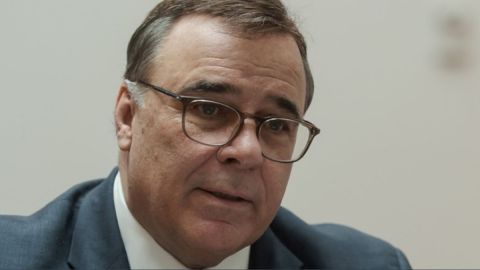Ohio Senate approves amended bill to legalize sports betting and e-bingo
Ohio residents will likely soon be able to test their luck in sports betting and e-bingo as the state Senate has just approved a gaming bill that aims to grants legal status to sports betting and e-bingo activities. Members of the Ohio Senate voted unanimously to amend House Bill 29 (HB 29), which is a modified version of Senate Bill 176 (SB 176). Senate Majority Floor Leader Kirk Schuring, a Republican from Canton, noted that lawmakers approved the measure by voting 30-2 in its favor last week.
The HB 29 was approved after Senate Majority Floor Leader Kirk Schuring introduced an amendment that inserted sports betting clause. Some concerns were raised at the time, and those concerns had to be addressed to get the measure approved. For instance, a provision that gave the state’s professional sport teams’ priority for a Type B license or retail sportsbook was removed. Caps on the number gaming establishments that a county can have was also amended. Under the terms of the amended measure, a county with a population of 800,000 or more would be able to house up to 5 brick-&-mortar establishments.
Previously, Cuyahoga County, which is home to Cleveland, would have been allowed to have three retail licenses for three pro teams in addition to two casinos. Hamilton County, which is home to Cincinnati, would have been allowed to have two casinos. Counties with a population of at least 100,000 would be able to host a sportsbook as well.
After proposing the amendment, Schuring said, “I think this is an amendment to this bill that hopefully the house cannot refuse. It’s good policy, and hopefully once and for all, we’ll have this done and we can see sports gaming in Ohio sometime in 2022.”
The amended bill would also allow pro teams and casinos to apply for mobile sports betting licenses. In addition, it simplifies the lottery sportsbook provision for certain bars and restaurants.
Proponents of amended bill hope that it would support the state economy generating new jobs and creating a new stream of tax revenue. The gaming entities would be liable to share 10 per cent of their revenues with the exchequer of the Midwestern state. Nearly 98 per cent of that tax revenue would be utilized toward public and private education, with 50 per cent of that dedicated to extracurricular activities.
